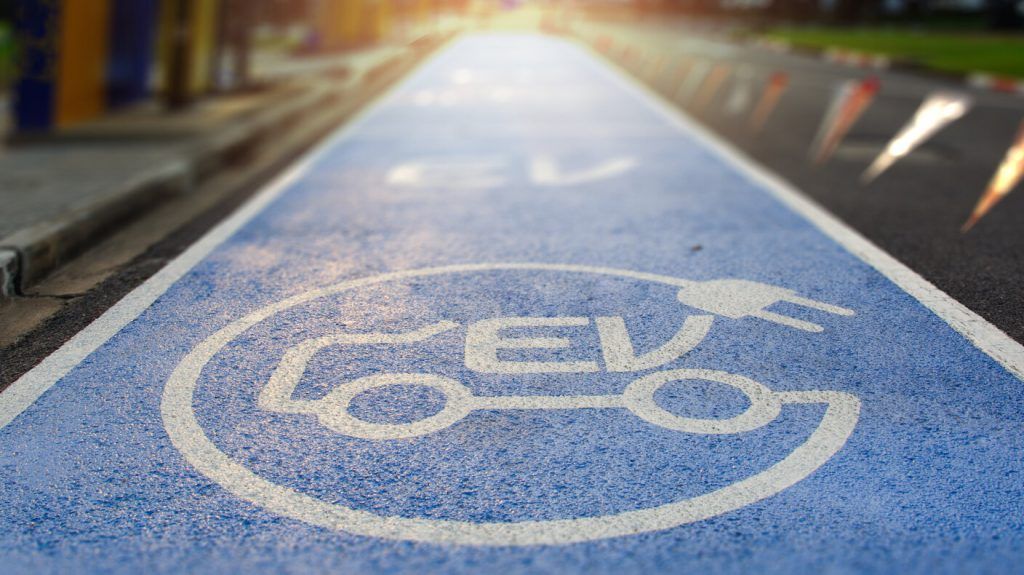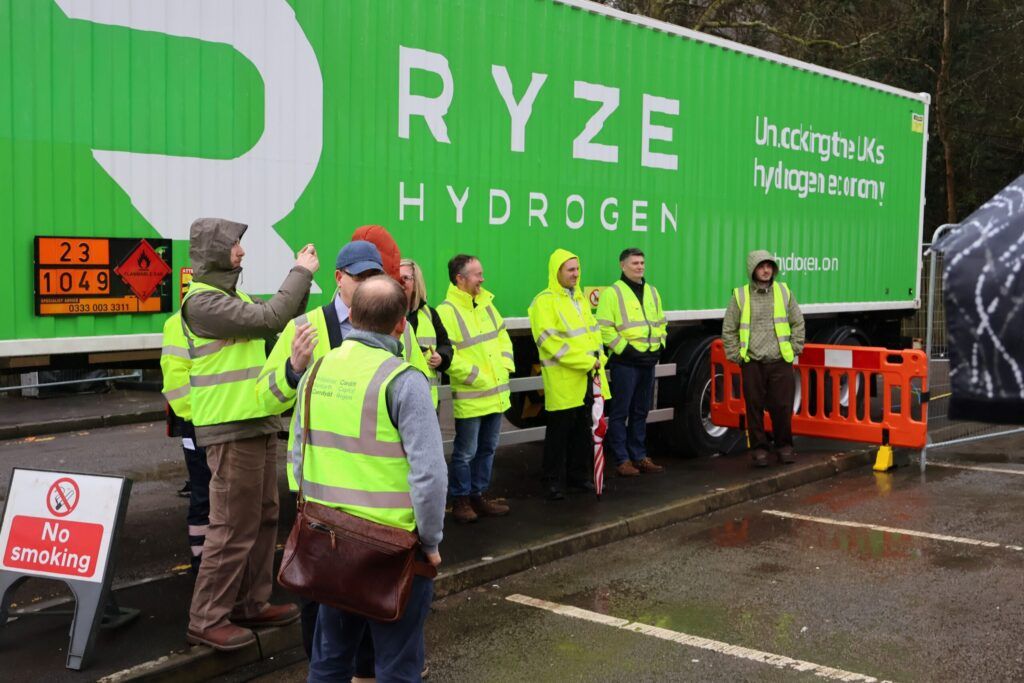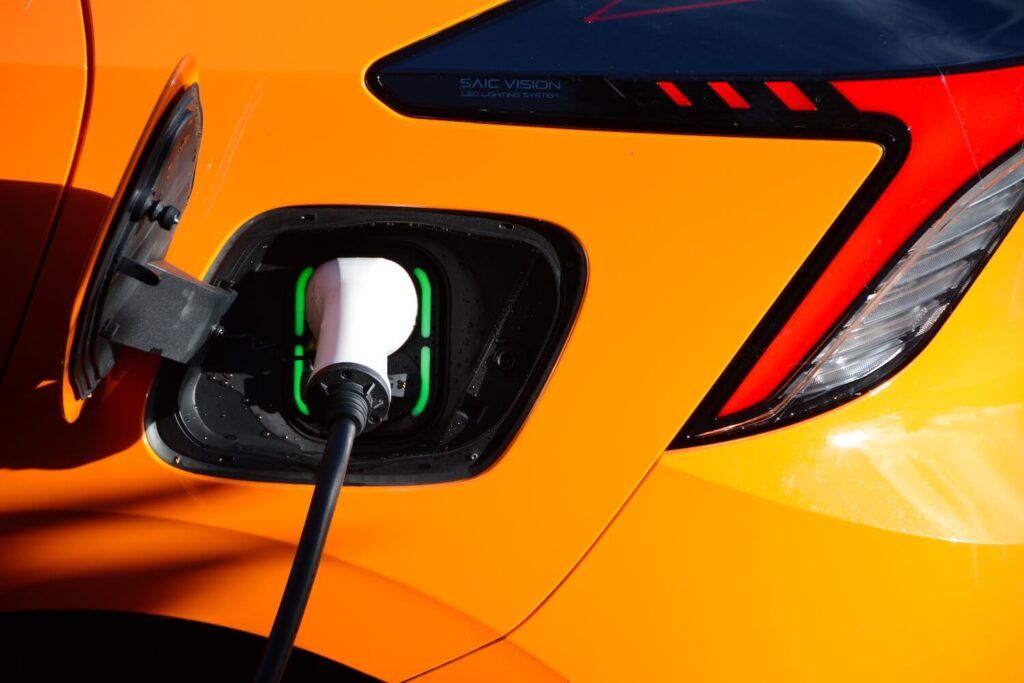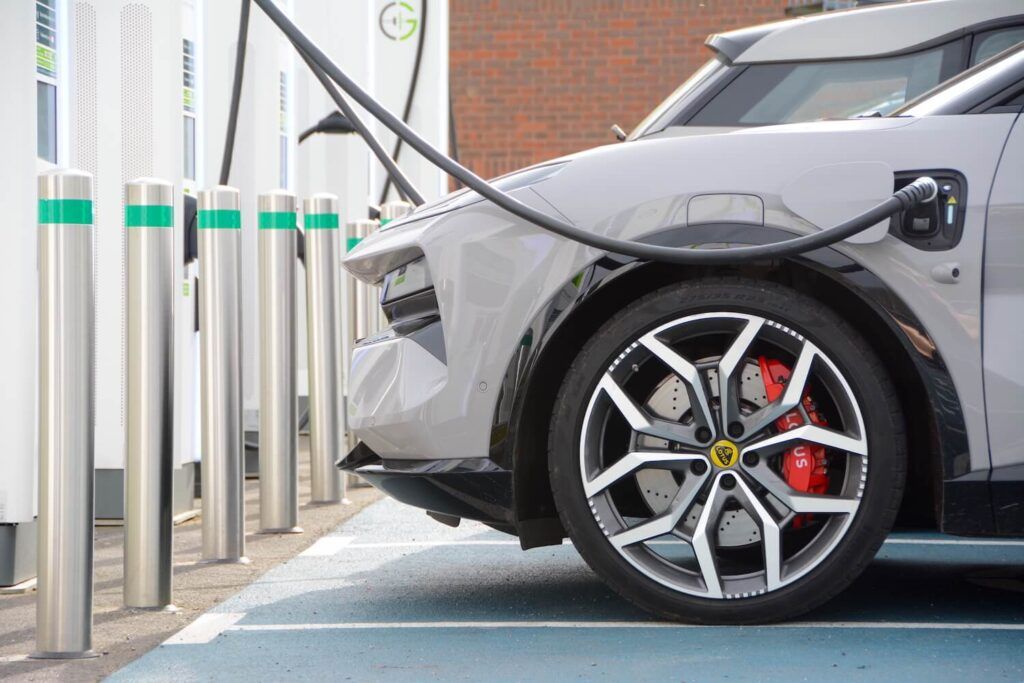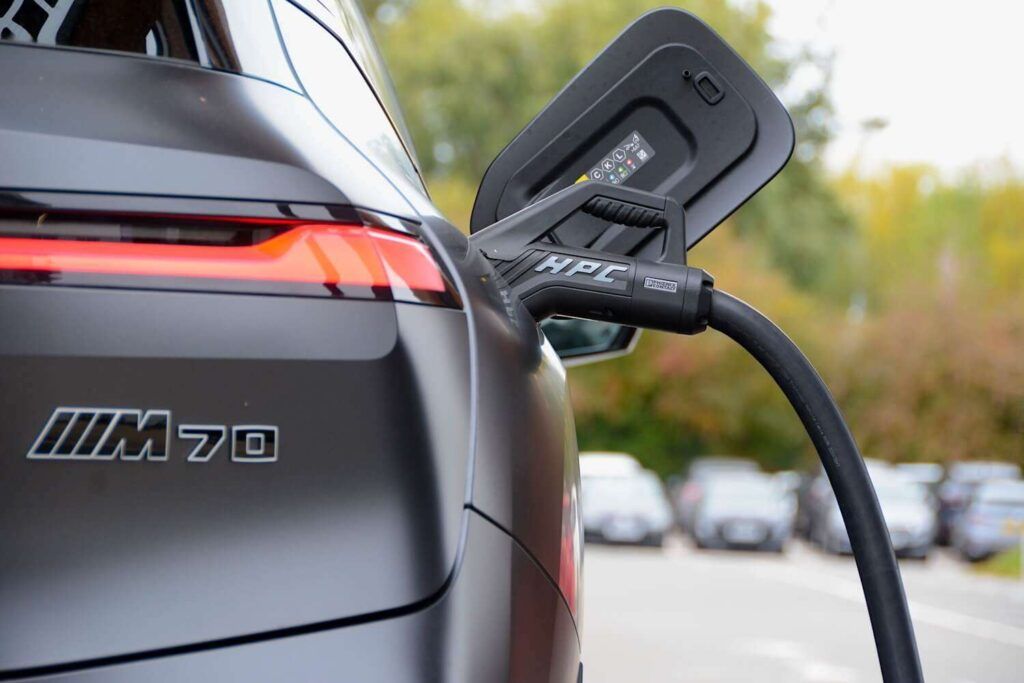International governments spanning the US, Canada, Mexico and the UK have jointly committed to fully convert their own fleets of vehicles to be zero emission by no later than 2040.
Commitments from the nine national, regional, state and city-level governments signed up to Climate Group’s newly launched initiative – ZEV Pledge – collectively represent 121,355 vehicles on the road, with nearly a third of these being medium or heavy-duty vehicles.
Sandra Roling, Head of Transport, Climate Group, said: “It’s essential we continue to build on the momentum for clean road transport following COP26, so I welcome the leadership we’re seeing today from governments who are putting their money where their mouth is when it comes to their own vehicles. More than half a billion vehicles on the road are owned or operated by governments, public sector organisations and businesses. There is huge potential to use this collective purchasing power to drive the auto market towards a cleaner future.
“While supportive policy is important for enabling a faster shift to zero emission vehicles, governments at all levels also have a responsibility to lead by example by decarbonising their fleets. We hope to see many more governments join the ZEV Pledge in the coming months.”
Fleet vehicles – those owned or operated by a business, government agency or other organisation – globally make up a quarter (24%) of vehicles on the road, yet contribute to more than half (56%) of road transport emissions.
As a result, recent analysis by Climate Group and SYSTEMIQ has found that faster electrification of fleets could deliver transformational benefits for our climate, health and infrastructure, including saving the equivalent annual emissions of India by 2030 – the world’s third highest emitter.
Notable support for the ZEV Pledge comes from major US states, California, Washington and New York, where their combined GDP would rank them as the third largest economy in the world.
In addition to signing the ZEV Pledge, the Governor of Washington, Jay Inslee, ratified their commitment of moving to an all-electric fleet by 2035 by announcing it as an executive order.
Climate Group’s launch of the ZEV Pledge for public fleets follows the successful growth of its corporate leadership initiative, EV100, which focuses on building business demand for electric vehicles (EVs).
120 multinational companies, with some of the world’s largest fleets, are now part of EV100, including BT Group, LeasePlan and Siemens. Altogether they’re committed to transitioning more than 5.4 million light duty vehicles to electric by 2030.
Over 9,400 locations will also have charging infrastructure installed, making it easier for both businesses and individual consumers to transition to EVs.
Mayor of New York City, Bill de Blasio, said: “New York City is showing the world it’s possible to transition to zero-emission vehicles and it’s possible to do it now. “Our electric school buses, garbage trucks, ambulances, and police cruisers are critical when it comes to the fight against the climate crisis. We urge other governments to follow our lead and join us in committing to a fully electrified fleet. Let’s put people and our planet first.”
Quebec’s Minister of Transport, François Bonnardel, said: “For me, it is of paramount importance that the Government of Québec take this significant step of joining the ZEV Pledge for public fleets as part of the Climate Group’s international campaign. In fact, Québec is already positioning itself as a leader in electromobility. Through this commitment to accelerate the transition to zero-emission vehicles, we are once again expressing our willingness to meet our environmental targets and move closer to a greener economy.”
Scottish Minister for Transport, Graeme Dey, said: “We want travel in Scotland to be clean and green and as part of that commitment, I’m delighted to sign up to the ZEV pledge – I hope that our leadership and willingness to share and to keep learning from others in this space will help push the international decarbonisation effort further and faster too.”
UK Transport Minister, Trudy Harrison, said: “At the recent COP26 summit, the UK made a number of ambitious pledges to decarbonise transport and it’s only right that we in Government lead the way with our own fleet. We pledged a commitment in July to convert the Government’s car and van fleet to zero emission at the tailpipe by 2027, and I look forward to joining the rest of the country, and our counterparts across the globe, in the switch to electric vehicles as we accelerate towards a greener future.”
Governor of Jalisco, Enrique Alfaro Ramírez, said: “Jalisco is set on boosting clean energy. With our first 100% electric bus route we’re committed to moving forward towards zero emission buses. Our collective effort will generate change.”
Governor of Washington, Jay Inslee, said: “Washington state will lead the charge on decarbonizing the transportation sector. Not only are electric vehicles a commercially-available, proven technology, they are also cheaper over the vehicle lifetime. They will save our taxpayers money while improving air quality and public health. This is a win-win for everyone.”
British Columbia’s Minister of Environment and Climate Change Strategy, George Hayman, said: “British Columbia has the highest rate of electric vehicle adoption per capita in North America and we’re building on that leadership with commitments to make our public sector fleets zero emissions.”
New York State Department of Environmental Conservation Commissioner, Basil Seggos, said: “Collaboration is crucial to achieve New York’s bold climate goals, as well as to reduce climate-altering emissions worldwide. New York is proud to join our sister states and nations to transition our State’s passenger vehicle fleet to zero-emission by 2035. Today’s announcement builds upon our sustained investments and efforts to bolster public and private use of zero emission vehicles both to reduce emission and for their significant health, environmental, and economic benefits.”
Image: Shutterstock




